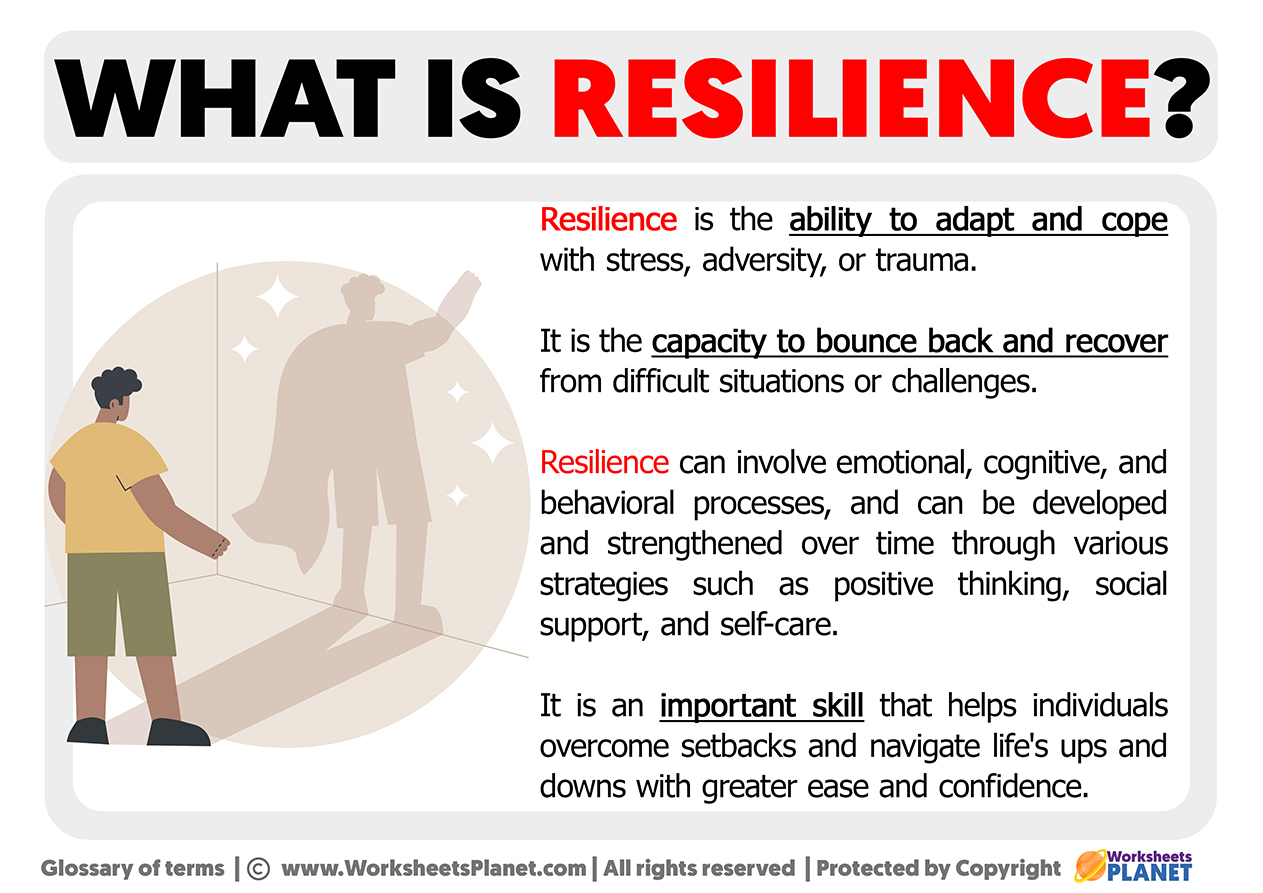Building Cognitive Resilience: Strategies for Mental Strength

Building Cognitive Resilience: Strategies for Mental Strength
In a fast-paced world filled with challenges, cultivating cognitive resilience is essential for maintaining mental well-being. Discover effective strategies to build and enhance your mental strength.
Understanding Cognitive Resilience
Cognitive resilience refers to the ability to bounce back from adversity, adapt to change, and effectively navigate life’s challenges. It involves cultivating a mindset that fosters mental strength, flexibility, and the capacity to learn and grow from experiences.
Practicing Mindfulness and Awareness
Mindfulness is a powerful tool for building cognitive resilience. By staying present in the moment and cultivating awareness, individuals can better manage stress, regulate emotions, and develop a more balanced perspective on challenges. Mindfulness practices, such as meditation and deep breathing exercises, can be integrated into daily routines.
Positive Self-Talk and Cognitive Restructuring
The way we talk to ourselves influences our perception of challenges. Cultivating positive self-talk involves replacing negative thoughts with constructive and optimistic ones. Cognitive restructuring, a therapeutic technique, helps individuals identify and challenge unhelpful thought patterns, promoting a more resilient mindset.
Cultivating a Growth Mindset
A growth mindset is crucial for cognitive resilience. Embrace challenges as opportunities for learning and growth rather than insurmountable obstacles. By viewing setbacks as a natural part of the learning process, individuals can develop a resilient approach to both successes and failures.
Building Social Connections and Support
Strong social connections contribute significantly to cognitive resilience. Cultivate supportive relationships with friends, family, or a community. Sharing experiences and feelings with others not only provides emotional support but also enhances one’s ability to cope with challenges.
Engaging in Lifelong Learning
Continuous learning fosters cognitive resilience by promoting adaptability and a thirst for knowledge. Stay curious, explore new interests, and challenge yourself intellectually. Lifelong learning enhances cognitive flexibility and equips individuals with a broader perspective on life.
